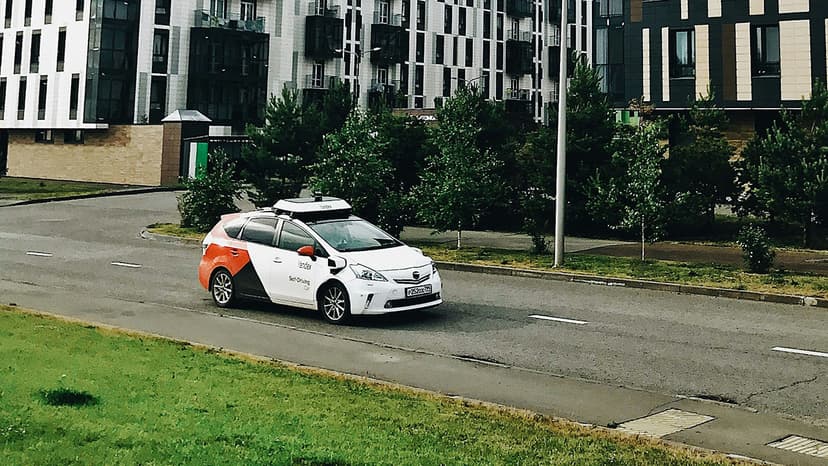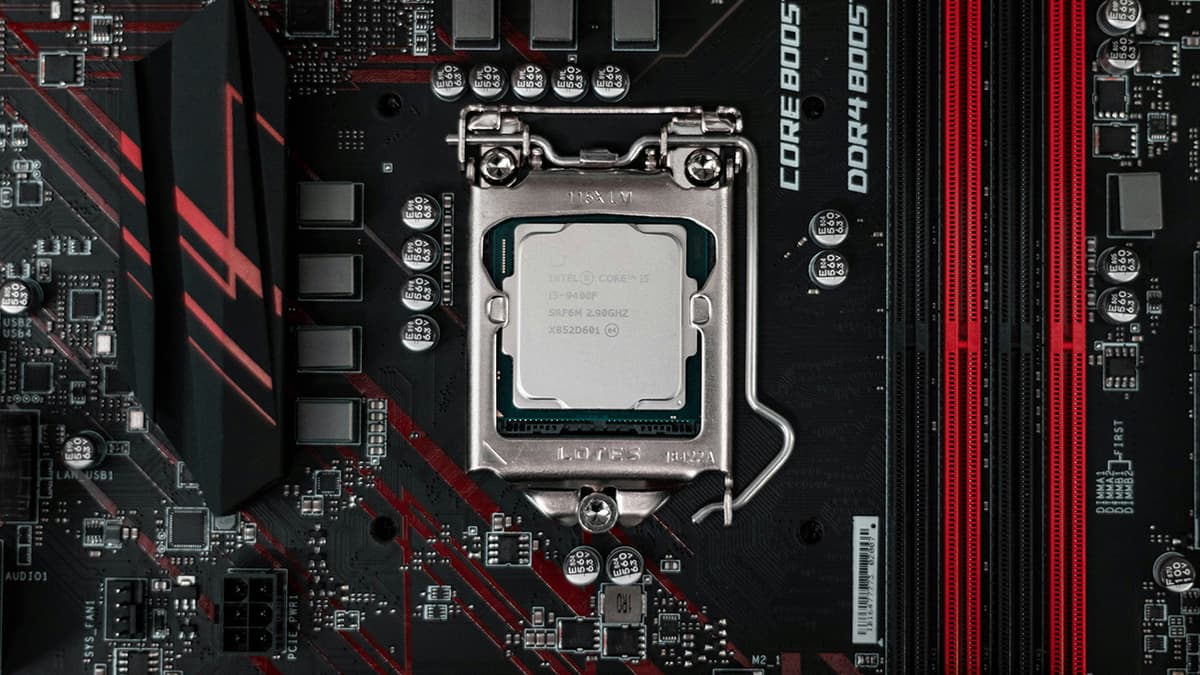Why Generative AI Knows How to Write Codes
Generative artificial intelligence (AI) has been revolutionizing various industries, and one of its most remarkable applications is in coding. With the development of models like GitHub Copilot, ChatGPT, and DALL-E, generative AI has shown immense potential in writing code. This blog will explore why generative AI is capable of writing codes, and how it has transformed the way developers work.
Understanding Generative AI
Before delving into the reasons behind generative AI's ability to write codes, let's briefly understand what generative AI is. Generative AI refers to the use of AI algorithms and models to generate content, such as text, images, videos, music, code, and more, by identifying patterns in existing data. It utilizes machine learning techniques, including deep learning and neural networks, to create new and original content.
The Profound Impact of Generative AI in Coding
Generative AI has brought significant advancements to the field of coding. By leveraging the power of machine learning, generative AI models can analyze vast amounts of code repositories, libraries, and programming paradigms. This allows them to understand the underlying patterns, syntax, and structure of code and generate new code based on this knowledge.
One of the primary reasons why generative AI knows how to write codes is its ability to learn from existing code examples. These models can analyze millions of lines of code, identify recurring patterns, and understand the logic behind them. By learning from this vast codebase, generative AI models gain a deep understanding of different programming languages and frameworks, making them proficient in generating code snippets.
The development of GitHub Copilot, a popular generative AI tool, has demonstrated the effectiveness of this approach. GitHub Copilot uses OpenAI's text-generation technology to provide developers with real-time suggestions and autocompletion while they write code. It has been trained on a massive dataset comprising publicly available code repositories, making it capable of generating accurate and contextually relevant code snippets.
The Benefits of Generative AI in Coding
The integration of generative AI in the coding workflow offers several benefits for developers. Firstly, it significantly enhances productivity. According to a study conducted by GitHub, developers who use GitHub Copilot reported feeling 88% more productive. The AI-generated code suggestions and autocompletion capabilities provided by generative AI tools like Copilot help developers write code faster and with fewer errors.
Moreover, generative AI allows developers to tackle more complex and meaningful coding challenges. By automating repetitive and mundane coding tasks, developers can focus on higher-level problem-solving and innovation. Generative AI tools act as a coding assistant, providing intelligent suggestions and augmenting the developer's expertise.
Industries Leveraging Generative AI in Coding
Generative AI's ability to write codes has far-reaching implications across various industries. IT and software organizations can benefit from the instantaneous and largely correct code generated by AI models. This can significantly speed up the development process and reduce the time and effort required to write code from scratch.
In addition to IT and software, generative AI has found applications in content generation, analytics insights, and even design. Businesses are utilizing generative AI for tasks like content generation, analytics insights summary, and even generating visuals based on written descriptions. It allows organizations to automate and streamline processes, saving time and resources.
The Future of Generative AI in Coding
Generative AI is experiencing rapid growth and is poised to play an even more significant role in coding in the future. Venture capitalists are investing heavily in generative AI, recognizing its potential to transform various industries. The development of AI models like ChatGPT and DALL-E further exemplify the expanding capabilities of generative AI.
However, as generative AI becomes increasingly powerful, ethical considerations must be taken into account. The code generated by AI models may not always be flawless, and human supervision and review are still crucial. Striking the right balance between automation and human intervention is essential to ensure the quality and integrity of the code produced.












